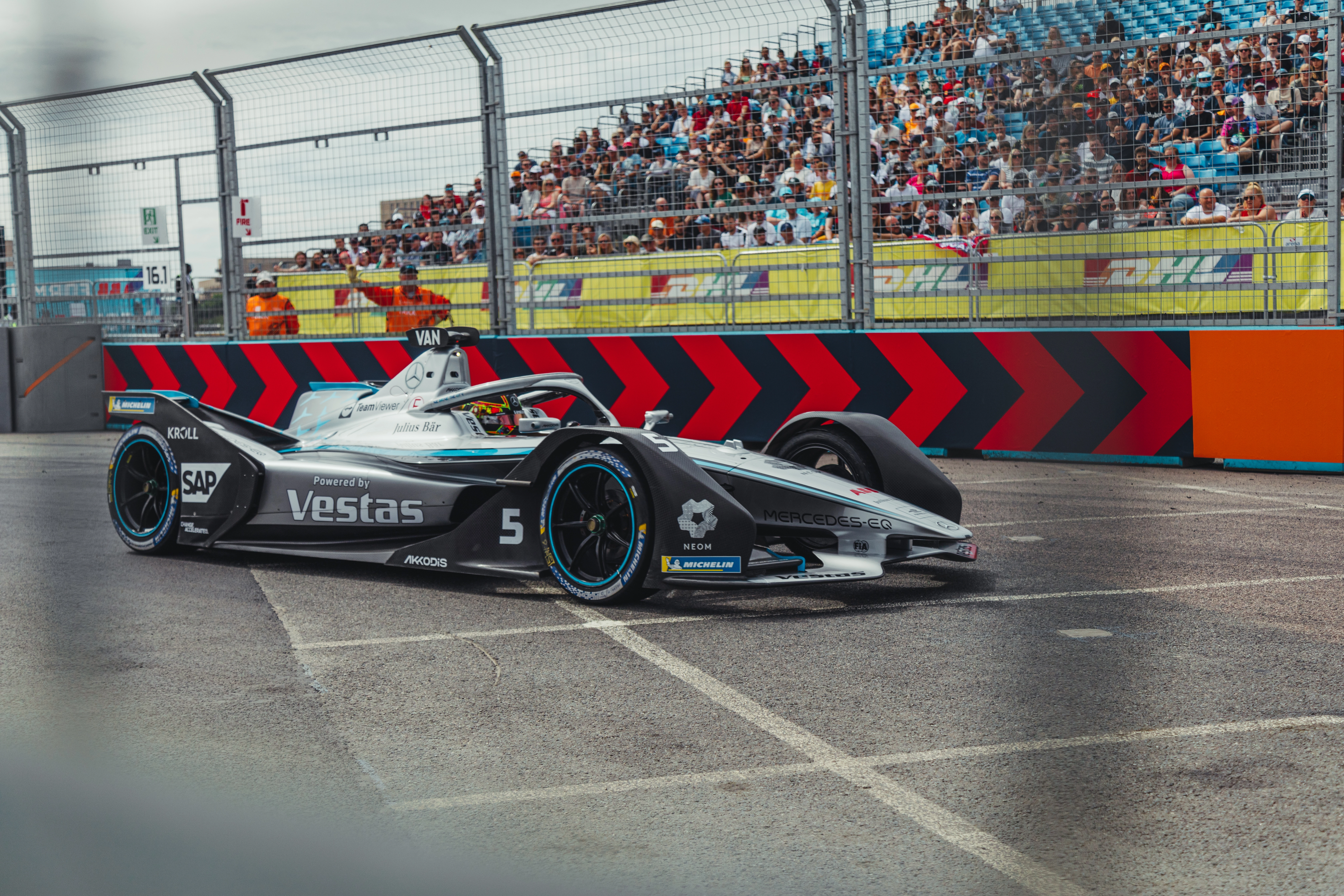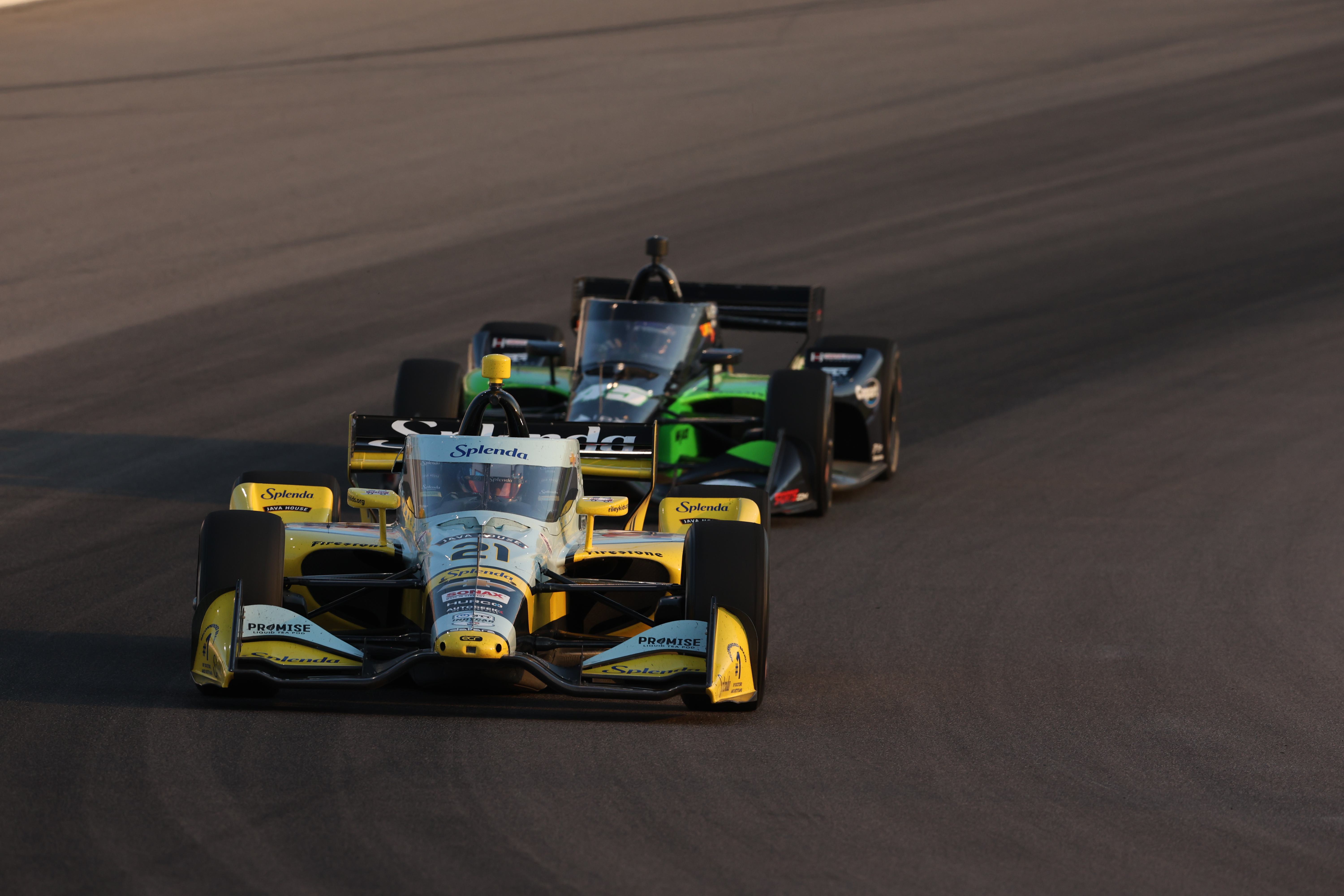Debut Point-Scoring: A Pointless Debate?
- Ishani Aziz
- Oct 15, 2022
- 6 min read
Written by Ishani Aziz, Edited by Umut Yelbaşı
Points are everything in Formula One and they were at the epicentre of the most recent Drivers’ Championship won by Max Verstappen in Suzuka. While the rest of the championship order gets determined, let's focus on debut point-scoring for a while.
After the 2022 Italian Grand Prix, in his first ever F1 race, Dutch driver Nyck de Vries proved both himself and the 2022 Williams machinery to be capable of scoring points. This achievement, not to mention de Vries’ natural talent, certainly helped him to secure his AlphaTauri seat next season. De Vries is far from a rookie, but it hasn't gone unnoticed that he has managed to score in significantly less time than Mick Schumacher, who got his first point after 30 races, and in better machinery, this year, with more time to feel comfortable with it. Indeed, 'silly season' may leave Schumacher without a seat, while de Vries has secured one for himself. He is undoubtedly a talent, but it begs the question: How important is scoring points on debut in a driver's career?
To answer that, we'd have to look at how long it took for each driver to score their first point, and how many points they scored in that debut. We'd also have to measure the "success" of a career, which can be done using the number of race wins and world championships. To relativise drivers on the 2022 grid, whose debuts range from this year to as far back as 2003, we have to standardise the points systems between those years. So points scored on a debut have to be measured as a percentage of maximum points available to score, otherwise Lewis Hamilton’s debut points in 2007 won’t align with de Vries’ in 2022. We then measure how long it took a given driver to achieve that percentage of points (essentially relativised points over time). We also have to adjust for the contribution of the car to the driver’s performance, because a driver with better machinery is expected to score more points in less time than one in a car with poor performance. What we can do is adjust the ratios by car dominance, where we measure how good the car was relative to the constructor champions of that given year. So if Mercedes won the constructors by 613.5 points in 2021, their dominance would be 100%, and each team is measured against them. If you're curious about car dominance rankings see my earlier article. When we adjust for the different points systems and car performance, we get the following chart:

A large ratio suggests a large portion of points scored in less time, and adjusted for better or worse machinery. Kevin Magnussen comes out great here because he scored a whopping 18 points (or 56% of the total 25 points available) in 2014 with a car that was 25.8% dominant that year. However, de Vries has a considerably larger ratio, because even though he scored only two points out of 25, he did this in a non-dominant Williams (not to mention halfway through the season in a car that isn’t suited to him), which we’ve adjusted for. Lewis Hamilton on the other hand, has scored six points out of the 10 available points on his debut (60% of the total) but in a dominant McLaren (we’ve ignored their disqualification in 2007). That’s why Hamilton’s ratio is significantly smaller than Magnussen’s. That doesn’t negate Hamilton’s talent by any means, it simply suggests that debut point-scoring doesn’t necessarily correlate to racing success. It’s also worth noting that Mick Schumacher has a fairly small ratio despite his 5.9% dominant car, simply because of the 30 races it took for him to score a single point. However, what we forget is that both Haas’ scored 0 points last year, which left them with a 0% dominance ranking in 2021. Given that Mick’s rookie season was in that car, it seems inevitable that his debut points should come so late. No other driver except for Valteri Bottas and Latifi scored their first points in a car under 0% dominance. Bottas is an extremely capable driver, and yet it took him 18 races to score his first points in a 0.8% dominant Williams in 2013. So far, it seems like debut points don't mean much.
What’s more, if we look at the world champions on the current grid (Max Verstappen, Hamilton, Fernando Alonso, and Sebastian Vettel), we see a slight pattern emerging. They do less well than we would expect mathematically. We assume that these drivers of all people should score a great portion of the maximum points available, fairly quickly. What we find instead is that all these drivers come out with ratios smaller than de Vries, despite starting in fairly non-dominant cars (with the exception of Hamilton in McLaren). Alonso debuted in a 5.6% dominant Renault, scoring two points out of the total 10, but this took him 18 races to achieve. Similarly, Vettel debuted in a pretty dominant Sauber, and it took him six races to score five points despite a decent car. The world champions of the 2022 grid, with the exception of Max, all had their debuts between 2003-2007 which suggests the changes in regulations must have made it harder to overtake and therefore get in the point-scoring range. It seems that the debut points of these talented drivers haven't contributed a great deal to their success, but were achieved due to their raw talent and hard work.
But we can't just assume racing success because we know these drivers, we need to compare debut points against some parameter of success. One way of doing that is comparing the race starts it took to score points, against the race starts it took for a driver's first victory (if at all). The following chart is sorted by number of race starts for a maiden win.

What we find is that there is no coherent pattern. Those with no wins often take as much or as little time as those with a win. Even among drivers with victories, their first win doesn't correlate with how quickly they got their first points. Perez and Sainz in particular stand out, taking over 100 races to achieve their first win, despite scoring their first points relatively quickly. So as a parameter for success, race wins don't seem to be affected by points scored on a debut.
Just to have a little more fun with the data, we could apply the same ratios to famous world champions; Michael Schumacher, Ayrton Senna and Mika Häkkinen (I’ve also added Gilles Villeneuve and Kimi Räikkönen out of curiosity).

We're now comparing some of the best talents the sport has seen. We can immediately confirm that the regulation changes over the ages matter a great deal. The old timers have been put at the top of the chart, and we can immediately see that their ratios are significantly smaller than the current grid. That probably reflects the challenge of overtaking then, and consequently how much more challenging it was to score points.
What also stands out is that seven-time World Champion Michael Schumacher scored two points in his debut race in a 1991 Benetton with a dominance of 28%, but his ratio remains smaller than his rival Mika Häkkinen. Häkkinen scored the same points over three races the same year in the 2.2% dominant Lotus, hence, he did better mathematically. Ayrton Senna showed similar results, scoring a single point in two races with a 1984 Toleman that had 11% dominance. Comparing between the greats, historically, Schumacher went on to have arguably more success than his rival Häkkinen (despite both being naturally-talented drivers), so that reinforces the point that talent alone did not carry a driver’s success, and less so their debut point-scoring. If a legend like Schumacher doesn’t do well in these metrics it is because a driver’s debut points have extremely little to do with their future success. We can only assume that the driver's work outside points contributes most to their success. Drivers like Schumacher pioneered the concept of working with engineers and understanding the mechanics of the car (which has since become the norm).
The reason Nyck de Vries does so well in these metrics is the result of two things. First, the regulation changes which allow drivers to overtake with considerably more ease than before. Second, he is a skilled driver who was able to squeeze an impressive performance out of a pretty poor car that wasn’t originally built around him.
These statistics are by no means perfect, and rather than showing relationships they show a lack thereof. So yes, points are everything, but debut points aren't. In an ideal world, we could access individual telemetry data of the car a driver first races in and assess his future potential using the dominance ranking of that car to know how well-suited he is to the car. Until we get this opportunity, fans would do well to judge the rookies less harshly.











Comments